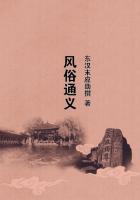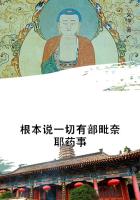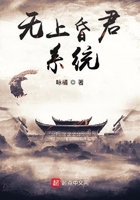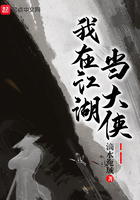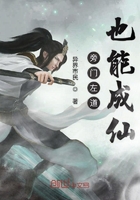And at the present time all these local trades unions find a rallying point in the National Association of United Trades, the central committee of which is in London, and which already numbers 80,000 members. [NAUT --A trade union organization established in England in 1845. Its activities did not extend beyond the scope of economic struggle for better conditions of sale of labor power, for better labor laws. The Association existed until the early '60s, but after 1851, it did not play an important part in the trade union movement. -- ed.] the organization of these strikes, combinations, and trades unions went on simultaneously with the political struggles of the workers, who now constitute a large political party, under the name of Chartists.
The first attempt of workers to associate among themselves always takes place in the form of combinations.
Large-scale industry concentrates in one place a crowd of people unknown to one another. Competition divides their interests. But the maintenance of wages, this common interest which they have against their boss, unites them in a common thought of resistance -- combination. Thus combination always has a double aim, that of stopping competition among the workers, so that they can carry on general competition with the capitalist. If the first aim of resistance was merely the maintenance of wages, combinations, at first isolated, constitute themselves into groups as the capitalists in their turn unite for the purpose of repression, and in the face of always united capital, the maintenance of the association becomes more necessary to them than that of wages. This is so true that English economists are amazed to see the workers sacrifice a good part of their wages in favor of associations, which, in the eyes of these economists, are established solely in favor of wages. In this struggle -- a veritable civil war --all the elements necessary for a coming battle unite and develop. Once it has reached this point, association takes on a political character.
Economic conditions had first transformed the mass of the people of the country into worker. The combination of capital has created for this mass a common situation, common interests. This mass is thus already a class as against capital, but not yet for itself. In the struggle, of which we have noted only a few phases, this mass becomes united, and constitutes itself as a class for itself. The interests it defends becomes class interests.
But the struggle of class against class is a political struggle.
In the bourgeoisie we have two phases to distinguish: that in which it constituted itself as a class under the regime of feudalism and absolute monarchy, and that in which, already constituted as a class, it overthrew feudalism and monarchy to make society into a bourgeois society.
The first of these phases was the longer and necessitated the greater efforts.
This too began by partial combinations against the feudal lords.
Much research has been carried out to trace the different historical phases that the bourgeoisie has passed through, from the commune up to its constitution as a class.
But when it is a question of ****** a precise study of strikes, combinations and other forms in which the proletarians carry out before our eyes their organization as a class, some are seized with real fear and others display a transcendental disdain.
An oppressed class is the vital condition for every society founded on the antagonism of classes. The emancipation of the oppressed class thus implies necessarily the creation of a new society. For the oppressed class to be able to emancipate itself, it is necessary that the productive powers already acquired and the existing social relations should no longer be capable of existing side by side. Of all the instruments of production, the greatest productive power is the revolutionary class itself. The organization of revolutionary elements as a class supposes the existence of all the productive forces which could be engendered in the bosom of the old society.
Does this mean that after the fall of the old society there will be a new class domination culminating in a new political power? No.
The condition for the emancipation of the working class is the abolition of every class, just as the condition for the liberation of the third estate, of the bourgeois order, was the abolition of all estates and all orders. [Estates here in the historical sense of the estates of feudalism, estates with definite and limited privileges. The revolution of the bourgeoisie abolished the estates and their privileges. Bourgeois society knows only classes . It was, therefore, absolutely in contradiction with history to describe the proletariat as the "fourth estate" -- Engels, 1885 German edition.]
The working class, in the course of its development, will substitute for the old civil society an association which will exclude classes and their antagonism, and there will be no more political power properly so-called, since political power is precisely the official expression of antagonism in civil society.
Meanwhile the antagonism between the proletariat and the bourgeoisie is a struggle of class against class, a struggle which carried to its highest expression is a total revolution. Indeed, is it at all surprising that a society founded on the opposition of classes should culminate in brutal contradiction , the shock of body against body, as its final denouement?
Do not say that social movement excludes political movement. There is never a political movement which is not at the same time social.
It is only in an order of things in which there are no more classes and class antagonisms that social evolutions will cease to be political revolutions . Till then, on the eve of every general reshuffling of society, the last word of social science will always be:
"Le combat on la mort; la lutte sanguinaire ou le neant. C'est ainsi que la question est invinciblement posee."George Sand [From the novel Jean Siska : "Combat or Death: bloody struggle or extinction. It is thus that the question is inexorably put."]
The End

